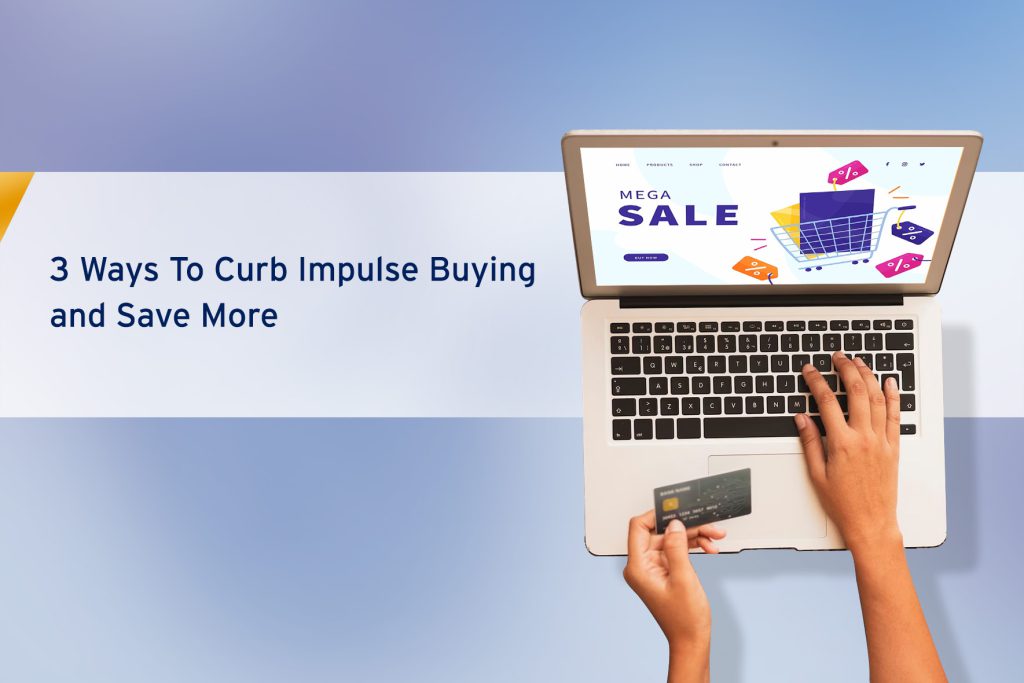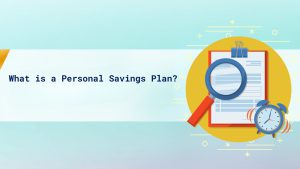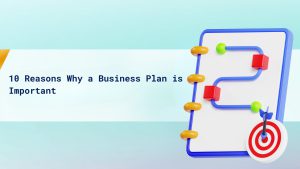There are steps you need to take to attain financial discipline, but these three ways to curb impulse buying and save more stand out.
When it comes to consumer behaviour, impulse buying occurs after shoppers experience an urge to buy products without planning or budget considerations.
Such forms of purchases are often spontaneous without any hesitation.
Whether they are small purchases such as chocolates, clothes, and mobile phones or big-ticket items such as cars, or jewelry, impulsive buying is based on irrational thinking, and on the flip side, marketers are known to tap into this behaviour of customers to boost sales.
What triggers impulse buying?
Many shoppers have adopted impulse buying as a habit without even knowing it.
Experts have said that there are four main reasons why people impulse buy.
- Emotions
- Past experiences
- A good deal
- The pure love of shopping
How impulse buying affects your savings
Your inability to curb impulse buying places a big wedge between you and your savings goals.
Buying on impulse and overspending will eat up any extra money you were saving to put toward those goals.
Some ways impulse buying affects your savings include;
-
Impulse buying adds up
The item may seem small but it’s the frequency that counts. Spending a little bit here and there adds up to be big.
Once you allow small purchases to become a habit, the amounts rise. This may put you into a difficult financial position and slow down progress toward existing financial goals you have, like putting the money toward retirement savings.
-
Looming debt
The more someone continues to spend money on impulse purchases, they may be tempted to use other sources of funding. This may include instant loan apps.
This could in turn lead to a mounting debt situation. Before you know it, you may enter into an unnecessary, high-interest debt cycle.
-
Quick fixes
Many reasons have been given for impulse buying. Most of the time, impulse buying is triggered by daily targeted advertisements.
Also, an impulse buy may be the result of our emotional state and personal psychology.
People tend to make purchases impulsively when they are happy, to celebrate, or when they are sad, to fill up the void.
Regardless of what you choose to impulse buy, it is crucial to be aware that impulse buying eats into your savings, one way r another.
Three ways to curb impulse buying
Do you want to curb impulse buying to help you save more? The very first thing you will need is discipline.
In addition, you may need to admit to yourself that you have a problem. By doing that, you are on your way to curbing impulse buying and shoring up your savings.
By following these three key points, you can curb impulse buying as you embark on a journey toward financial freedom.
-
Make a budget and stick to it.
Your very first move to curb impulse buying and save more is to create a budget.
In addition to creating a budget, you have to actually stick to it! A budget isn’t a magic wand that will suddenly make all of your money behave.
It’s on you to tell your money where to go each month and then follow through with that plan. If it’s not already budgeted for, don’t spend the money.
-
Wait a day before making a purchase.
According to available data, two-thirds of impulse shopping happens on our smartphones. It’s so easy to see something we want and click, click, click it into a purchase.
One way to help here is to give yourself a day or two to reflect when an impulse buy hits you in the face.
Giving it time will either give you a fresh perspective or cause the impulse to dissipate.
Be wary of deals that are only good for 24 hours. Don’t let a countdown rush you into buying anything.
-
Shop with a plan in mind.
Figuring out what items you want to buy and how much you’ll spend before you ever start shopping is one sure way to overcome impulse buying.
With a plan in place, you’ll be less likely to give in to overspending. Your shopping list can range from grocery items to the Christmas gifts you plan to purchase for your extended family—know what it is you want to buy before you go shopping and be disciplined in following your shopping list.
Impulse buying could also help you
Yes, this is true. Some unplanned purchases could be good for your budget.
Impulse purchases are usually viewed as problematic regarding money management discipline.
But impulse purchases aren’t always a bad thing. A study shows that making an unplanned purchase ended up saving people money.
Some people who make impulsive or unplanned purchases do so because an item they were planning to buy at some point soon turned out to be on sale at a reasonable price.
While impulse buying may come with one or two advantages, this doesn’t mean every unplanned purchase is worth it.
There are a few keys to ensuring you’re making the right decision for your personal finances when buying on impulse.
- Don’t spend more than you can afford
- Be sure the purchases are for things you need
Following these guidelines can help you make sure your impulse buys help you out financially — rather than end up as something you regret.
Bonus ways to curb impulse buying and save more
-
Create a ‘fun fund’
The journey to saving money may be daunting. As a result, you will need to reward yourself along the way.
You can do this by creating a fun budget. A fun budget is that money you can splurge on anything you like.
It could be anything between ₦ 10,000 and ₦ 50,000. Just make sure the amount is reasonable and affordable for your budget.
-
Avoid joining too many email lists.
There is a temptation that arises when you check your inbox and find 15 different emails announcing one deal after another.
These adverts tend to catch your attention, and you just have to see what’s on sale.
The best you can do for yourself is to unsubscribe from these emails.
-
Don’t shop when you’re emotional
Don’t let your emotions control your spending habits!
Whether you’re celebrating or trying to cheer yourself up, don’t buy anything when your emotions are not in check.
-
Take only the amount of cash you’ll need
Make a list and a budget and take only the cash you need when you g out to shop.
You could even go a step further and leave your debit card at home so you don’t tempt yourself to buy more.
If you stick to your shopping plan and don’t bring any extra money along on the trip, you can’t make an impulse buy. It’s pretty much impossible.
- Do a no-spend challenge.
Sometimes a no-spend challenge is just what you need to stem your spending habit.
If you haven’t heard of this before, it’s pretty much just like it sounds; you don’t spend any money on nonessential items.
You still pay for things like your utility bills, but you don’t spend money on things like restaurants, the hair salon, new shoes, or a new kitchen accessory.
-
Keep your goals in mind.
Giving in to an impulse buy won’t help you achieve your saving goals.
Buying on impulse and overspending will eat up any extra money you were saving to put toward your goals. By making your goals a top priority, you may just be able to finally stop impulse buying.
Time to begin your savings journey! Compare and Save here





